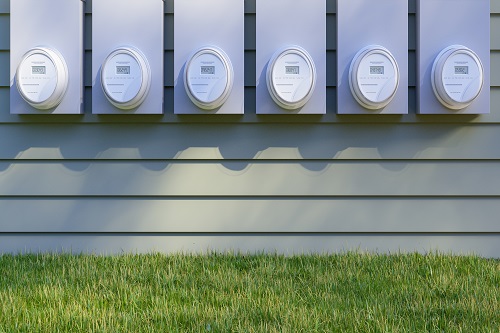Belgium – Trade associations & the amended lobbying exemption
Trade associations often rely on the VAT exemption for (inter alia) lobbying activities. Until recently, this exemption was only dependent upon the condition that the lobbying activities be remunerated by membership fees determined in accordance with the articles of association. The law allowed that additional conditions be imposed by Royal Decree in order to prevent distortion of competition, which de facto never happened.
Any EU concerns?
In Parliament, it was recently questioned whether this was in line with the VAT Directive, since the directive doesn’t seem to allow for the liberty to implement conditions in the future if and when distortion of competition would occur.
According to the legislature, there have never been any reports of distortion of competition with this exemption, which is why there has never been such Royal Decree. However, it was agreed that the opportunistic approach could potentially be challenged from an EU perspective. Hence, the law of 27 December 2021 amended this exemption (art. 44, § 2, 11° VAT Code, implementing art. 132(1)(l) VAT Directive) to state that the exemption is not available in case of distortion of competition.
Practical consequences
The legislature states that this is a mere “cosmetic” amendment without any practical implications for the taxpayers.
This may not prove entirely true, because it is now a formal condition that taxpayers must demonstrate when claiming this exemption.
While some further administrative guidance may be issued on this new condition, taxpayers may find useful guidance (circular letters, ruling precedents, EU case law, …) on the same condition that is applicable to independent groups of persons (art. 44, §2bis VAT Code, implementing art. 132(1)(f) VAT Directive).
What does distortion of competition mean?
The Belgian Tax Administration will assess the aspect of distortion of competition on a case-by-case basis in the light of the ECJ case law, whether this is pursuant to a tax audit or a complaint from an economic operator.
According to such case law, it is the VAT exemption itself which must not lead to a distortion of competition, in a market where competition is affected by the presence of an operator providing services to its members and which may not seek to make a profit. Thus, for there to be a refusal of exemption, the fact that the services provided by a non-profit association are exempt must be capable of distorting competition and not the fact that the non-profit association fulfils the other conditions for the application of the exemption (such as the fact that no profit is imputed to the members).
The VAT exemption is refused if there is a real (actual or potential, but not hypothetical) risk that the exemption in itself might, in the short term or in the future, result in a distortion of competition of a more than insignificant scale. The Belgian ruling commission has concluded that some distortion of competition would still seem to be permissible on this basis.
This does not mean, however, that the exemption should be refused if the trade association offers lobbying services that are (potentially) also offered by other independent operators. After all, it will almost always be possible to find a concrete alternative on the free market for the services provided by trade associations. Therefore, the real risk of distortion of competition should be assessed on a case-by-case basis, rather than by type of service.
If, independently of any taxation or exemption, the trade association succeeds in retaining its members as customers because it provides high quality services, it cannot be assumed that the exemption granted to it closes the market off to independent operators.
In concrete terms, it is a question of examining whether the lobbying exemption and the taxation of the other economic operator are the decisive cause that effectively excludes independent economic operators from the market. If that is the case, the exemption should be refused because it distorts competition. If it is not, there is no justification for refusing the VAT exemption because it does not, in reality, alter market conditions. Put differently, if the choice of the market player concerned is also determined by other defining characteristics, the VAT exemption is not a decisive factor and there can be no issue of distortion of competition. Therefore, it should be examined whether there are any characteristics that show that there can be no distortion of competition.



